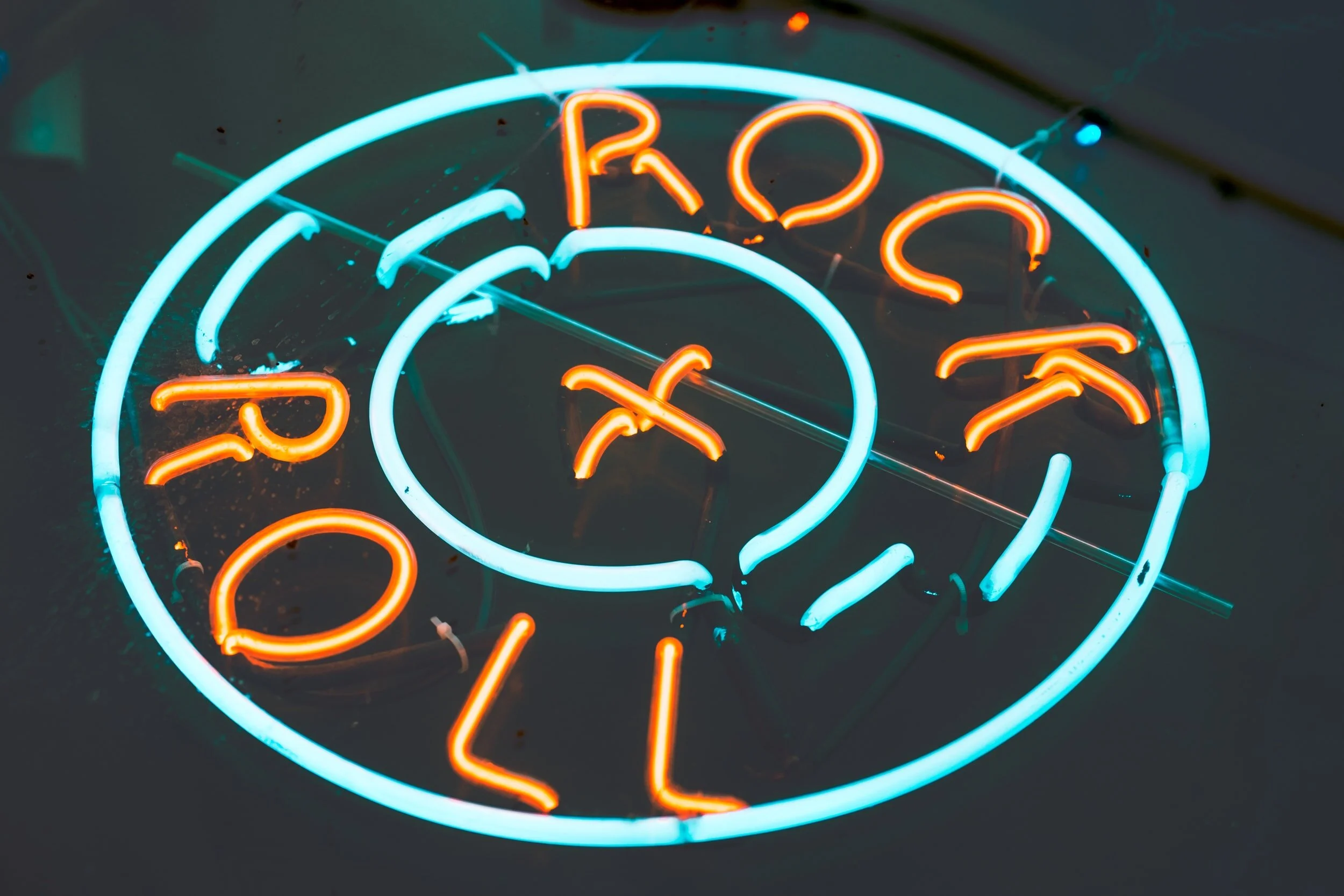Rock and Roll, it has been a genre that has been used to critique and rebel. In Czechoslovakia, it was no different. From its introduction in the 1950s it was an avenue to rebel and critique the communist regime. Rock music has evolved through Czechia in three parts. In the first part, rock began in the 1950s and lasted until 1968, rock musicians had no ambition to offer social or political commentaries. This started as the era of rock ‘n’ roll. The second part began after the Soviet bloc invasion of Czechoslovakia in August 1968, lasting until the end of the communist era in 1989. In this part, rock musicians were closely monitored by the authorities and were expected to sing happy songs, submitting their song texts to the authorities for approval in advance of performing them. In spite of this control, some rock groups purposefully sang politically in the 1970s and 1980s, mocking or criticizing the communists, albeit often cryptically. Finally, in the third part, which is from 1989 and onwards. The genre having lost their ideological foe, Czech rock groups have for the most part become politically disengaged.
Part I
Rock music entered Czechoslovakia in the 1950s. For some reason, it was not banned by the communist regime. This resulted in Czech rock to grow and evolve over the years. In the early parts of this phase, British bands had the more dominant influence. But in the latter parts and well after the Russian invasion, American bands took over as the dominant influence. Bands like the Beatles were popular in the early 1960s. Then when American rock became popular, bands like the Rolling Stones became the dominant influence. The Rolling Stones may be British, but their music is American in nature. It drew upon Chicago blues stylings to create a unique vision of the dark side of post-1960s counterculture. When bands wrote their own music, they would write in English rather than Czech. However, the growth and evolution of Rock music in Czechoslovakia would take a turn when the genre began to be perceived as a decadent side of western culture.
Part II
After the invasion of Russian troops into Czechoslovakia in 1968, the communist regime enforced a period of normalization, which included the suppression of all alternative music. Many musicians emigrated because they did not pass the humiliating requalifying exams, they were not allowed to play anywhere legally. Bands were also forbidden to sing in English, have long hair, and organize unannounced concerts. Lyrics were severely censored, and musicians were not allowed to criticize the regime or politics in any way. Since importing Western music was outlawed, this led to Czechs and Slovaks alike creating a black market for obtaining this music. Wenceslas Square in Prague was a host for black market rock music. The police would usually just force everyone to close up their shops. On rare occasions they would use dogs. But this did not deter lovers of rock. Another black market bazaar location is the Forest of Krč and the list goes on. This sparked an underground movement that would continue all the way to the fall of communism. Punk rock and Metal would be the main genres in this underground movement. The lyrics in their music tended to be anti-regime/communist, despite the ban.
Part III
After the fall of communism in 1989, rock artists lost their ideological foe. Thus, became politically disengaged and still largely remains so to this day. They also began to write their music in Czech and not English. Today, Czech rockers are no longer part of a regional communist syndrome but are part of the global rock scene, with its centers in the USA and Western Europe. Among the currents of rock which one may find in the Czech Republic today are mainstream (or hard) rock, alternative rock, art rock, folk rock, heavy metal, indie, punk, post-punk, progressive rock, and psychedelic rock.
Written by Erick Johnson




